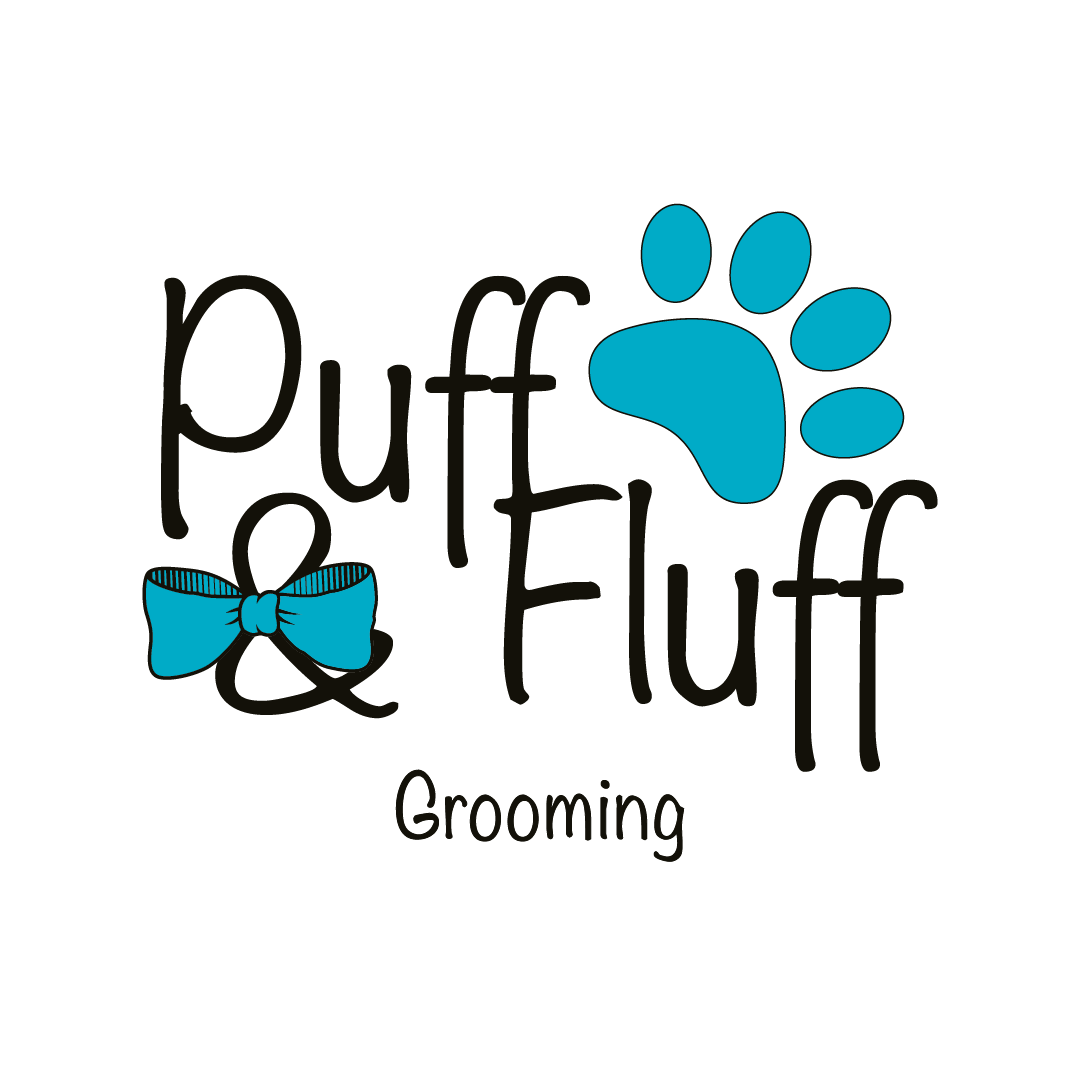Image by Lazyboness on Pixabay
Obesity is a common health threat in dogs, with a pet obesity prevalence survey classifying 69% of dogs as obese. Excess weight not only shortens your furry friend’s lifespan but also increases the possibility of developing diseases like hypertension and heart disease. Maintaining your dog’s ideal weight is crucial for overall health and happiness. Discussed below are four ways to prevent dog obesity.
1. Prioritize a healthy, balanced diet
A healthy, balanced diet is the most effective way to prevent obesity in your canine friend. The best dog food suitable for preventing and maintaining your pup’s weight should contain the following:
- Proteins: Diets high in protein increase satiety and minimize hunger, lowering the urge to eat regularly. Chicken feet for dogs and other protein-dense foods stimulate the release of hormones that reduce appetite and boost satiety
- Healthy fats: Unhealthy fats contain many calories, and feeding too much of them to your dog can result in obesity. Including healthy fats in your dog’s diet and limiting fat intake can help maintain a healthy weight
- Fruits and vegetables: These contain essential vitamins and minerals crucial for helping your canine friend maintain their ideal weight
2. Limit dog treats
Although dog treats are a great way to supplement your canine friend’s diet, with some being created to help with joint health and dental care, excess consumption can lead to weight gain. Most dog treats, especially those that contain sugar or fat, are high in calories, so they should be given in moderation to prevent the risk of obesity. When determining the number of treats to give your furry friend, consider their activity level and size. Good dog treats should be healthy. When it comes to dog treats:
- Opt for those with natural, top-quality ingredients such as fruits, vegetables, and lean meats to ensure they’re receiving the best nutrition
- Ensure they don’t constitute over 10% of your dog’s daily calorie intake
- Avoid treats with artificial flavors, colors, and preservatives
You can also create healthy homemade dog treats, which are easy to tailor to your pet’s needs.
3. Don’t overfeed your dog
Consistent overfeeding not only causes digestive issues but also provides more calories than your pup can burn, leading to weight gain. The extra weight creates a lack of enthusiasm or energy for playtime, resulting in reduced quality of life. To stop your your dog from overeating, consider:
- Adhering to feeding guidelines: The feeding recommendations on your dog’s food packaging depend on their age, weight, and activity level. Follow these guidelines and adjust depending on your pup’s needs
- Scheduling feeding times: Set feeding times to monitor and control how much your canine friend is eating
- Doing portion control: Use a kitchen scale or measuring cup to ensure you feed your furry friend the recommended amount. This eliminates guesswork, which can lead to overfeeding
4. Add exercise to your canine friend’s daily routine
Exercise is key in helping your dog maintain a healthy weight. Regular walking is the simplest and most reliable method of exercising your pup. You can increase intensity and distance gradually. Other exercises to add to your dog’s exercise routine include hiking, swimming, lure coursing, playing fetch, and more. Before commencing any exercise routine, consult a reliable veterinarian to ensure the activities you pick suit your dog’s age, weight, and health condition.
Endnote
While obesity is a common health concern in dogs, it is preventable. Prioritizing a healthy, balanced diet, limiting dog treats, avoiding overfeeding, and creating a routine exercise plan can help prevent dog obesity.

